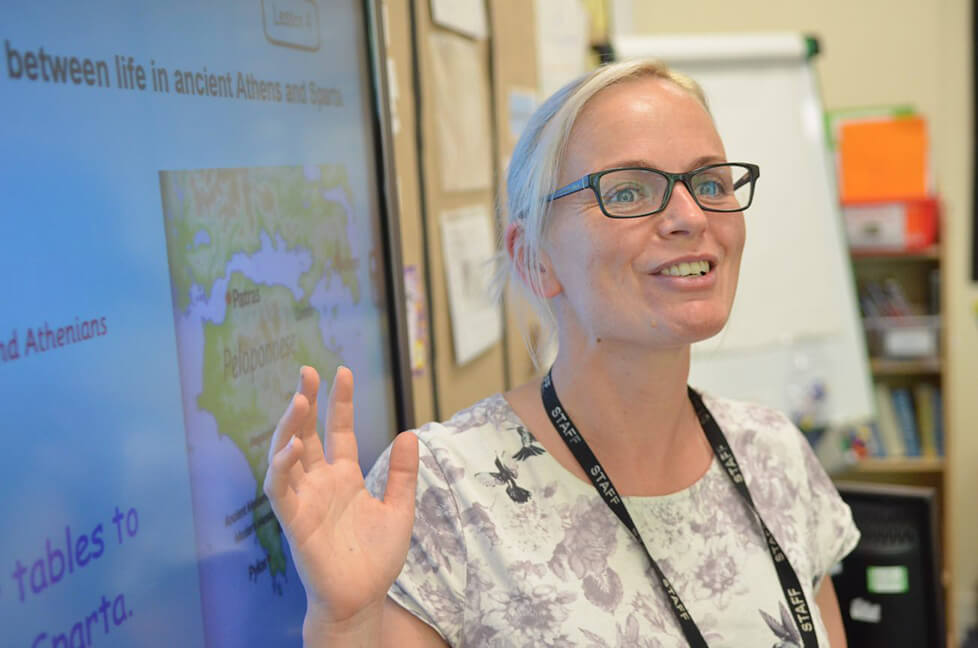Chief inspector announces changes to the inspection process
Following the death of headteacher Ruth Perry, leaders across the sector have called for change to the ‘high-stakes and punitive’ nature of Ofsted inspections. In response, chief inspector Amanda Spielman has proposed a series of changes to the inspection process.
Whilst underlining the importance of safeguarding, Spielman acknowledges that ‘some gaps in schools’ knowledge or practice are easier to put right than others.’Therefore, Ofsted will return more quickly to schools that fail inspections because of safeguarding concerns, but are otherwise performing well. This will allow inspectors to see fast improvements and reflect these in their judgements. Spielman also says they are currently piloting changes to the complaints process, so that issues can be addressed during an inspection rather than afterwards, avoiding delay and frustration.
Similarly, Spielman says she is committed to improving support for school leaders, for example by allowing a colleague within the school or trust to sit-in on meetings with inspectors, or by holding seminars to prepare heads for inspection. Also, whilst heads are advised not to share provisional inspection outcomes with parents, they may share this information with others in confidence. Spielman explains ‘we really want to demystify the process and do what we can to reduce the pressure.’
However, Spielman backed the use of one-word inspection grades as an effective way of supporting parent choice and informing decisions in government. Geoff Barton, general secretary of the Association for School and College Leaders (ASCL) welcomes the olive branch from the chief inspector, but says ‘the truth is that it is the grading system that is the single biggest problem.’ Barton explains that the effects of reducing everything that school does into a one-word description can often be ‘deeply stigmatising and damaging.’
Nine in ten teachers report a rise in safeguarding referrals
New research reveals the worrying scale of abuse and neglect facing children in the aftermath of the pandemic. Together with the teachers’ union NASUWT, the National Society for the Prevention of Cruelty to Children (NSPCC) carried out a survey of over 8,300 teachers and senior leaders in schools across the UK. 93% said there was a rise in safeguarding referrals within their school over the last year. More than half said this rise was significant.
The majority of teaching staff, at 87%, saw an increase in neglect referrals, closely followed by emotional abuse at 84%. Similarly, two thirds report an increase in physical abuse referrals, whilst half say they saw an increase in sexual abuse referrals. These trends reflect government data, which shows safeguarding referrals to children’s social services from schools in England are now at their highest since records began in 2014, rising by 59% between 2021 and 2022. In the same year, police data shows the number of child cruelty offences increased by 25%.
Sir Peter Wanless, CEO of NSPCC, says that the pandemic left children at an increased risk of neglect and abuse, but since the return to school ‘teachers have been key in raising their hand and reporting concerns to ensure they can get the support they need.’
The government sets up attendance hubs to tackle school absence rates
Government data shows that almost two in five disadvantaged pupils were persistently absent last year, more than double the rate of their non-disadvantaged peers. In light of this, the Department for Education is setting up new sector-led attendance hubs to tackle absence rates in schools. The hubs will be led by large academy trusts with strong and effective attendance practices, selected by the Education secretary.
This follows the success of a pilot programme led by North Shore Academy, part of the Northern Education Trust (NET), which shared online resources and virtual training with leaders from 60 schools. Many of the schools saw positive changes to their absence and persistent absence rates as a result.
Primary, secondary, special schools and alternative provision providers are invited to sign up for support, with the first hub meetings set to begin later this academic year. Schools will be matched to the most appropriate hub based on their answers to questions surrounding their overall absence rate, Ofsted rating, and pupil characteristics. Schools that take part will be expected to revisit and revise the systems and protocols they have in place for managing attendance and join half termly hub meetings to discuss the progress they have made. The deadline for application is Monday 8th May.
At One Education, we understand that an effective learning environment relies on a strong sense of community, ensuring that everyone feels safe, respected, and valued for who they are.
If you would like support with managing safeguarding and attendance, or promoting staff wellbeing, please get in touch to discuss your requirements. With a commitment to raise standards and aspirations for all, our team is always happy to help.















